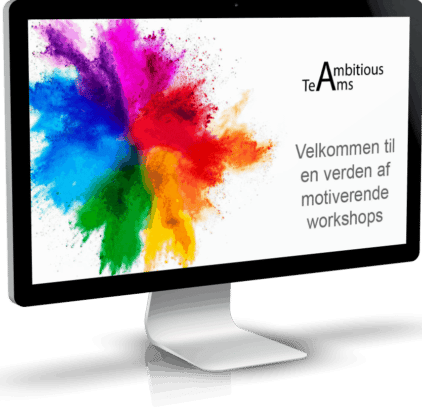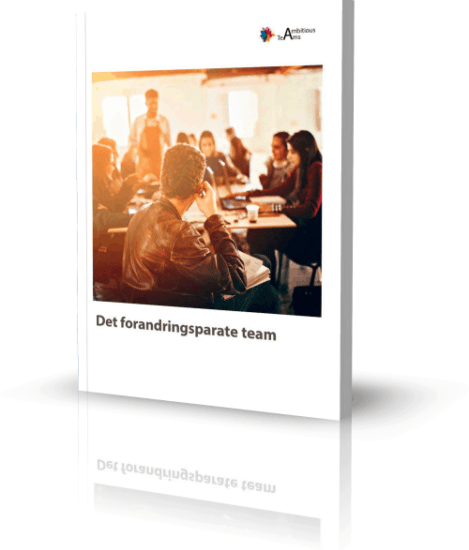
Riding the waves of change is a workshop aimed at teams facing major change. We start from the individual’s perception and interpretation of change, and work deeply into the team’s self-understanding.
Which battles should really be fought shoulder to shoulder, and which battles should not be initiated as a team? During every change, there is something that must be left behind, but there is also something new that awaits.
In an adaptive team, team members understand that some tasks are not a given, but also that not all tasks are fun. When everyone has the right mindset about the changes ahead and when there is transparency, change will be successful.Riding the waves of change is a workshop aimed at teams facing major change. We start from the individual’s perception and interpretation of change, and work deeply into the team’s self-understanding.
Which battles should really be fought shoulder to shoulder, and which battles should not be initiated as a team? During every change, there is something that must be left behind, but there is also something new that awaits.
In an adaptive team, team members understand that some tasks are not a given, but also that not all tasks are fun. When everyone has the right mindset about the changes ahead and when there is transparency, change will be successful.
As a participant in this workshop, you will receive a designed workshop book that captures, qualifies and challenges the thoughts and feelings associated with real change.
...to track his or her own development, in full respect of becoming a person. Post-workshop there are many lessons associated with understanding this process.
...an opportunity for each participant to explore their own potential and development in terms of being a proactive change ambassador.
...a gift for the HR manager and team leader tasked with successfully implementing change. They will be able to have rich discussions with team members based on the exercises and reflections in the workshop booklet. The booklet provides an overview of the change process.

Will be able to apply specific psychological skills during change.
Will be aware that behaviour, attitude and speech can facilitate the success of change.
Will be motivated to help those under pressure during change.
Will proactively address issues related to the transition.
After the workshop, the team leader receives a package of thematic boosters to really embed adaptability in the team. Small fun events and light happenings in the following weeks ensure that everyone stays on track with their own learning.
that the team leader can facilitate after the workshop. Instructions included.
that the team is asked to solve on their own.
that engage the team to play well with each other in embedding the new habits.

The HR manager or team leader plays an essential role in holding these short and energising boosters. It’s your moment to shine and all the remedies are given.
“Why does it always have to be so difficult to work with you?” thought Allan, slowly regretting having joined the task force to figure out how best to get the organisation through the Corona shutdowns. There were plenty of tasks, and they were topical and exciting.
But Brad always wanted to be in charge and put his finger on everything. At least, that’s how Allan saw it. As soon as Allan came up with an idea, it was challenged and criticised by Brad, in what Allan perceived as a tone devoid of empathy and respect. This affected Allan’s mood, thinking, emotions and behaviour. It was impossible to work with someone who drained energy and shot things down before they had a chance to live.
If Brad would just let me unfold my ideas and play along with their perspectives, he would see that they were actually quite viable. That we all have lunch together over Teams every Friday, while briefly sharing what we’ve appreciated over the past week, is surely a very good idea, Allan insisted in his heart.
Alas, Brad had said the idea was ridiculous, because not everyone could get together on Fridays, when there were meetings at global level for several employees. “You need to think on a higher level,” Brad had even rebuked Allan, who hadn’t come up with so much as one idea after that.
They had a deadline tomorrow for presenting their roadmap to the leadership group, and were stuck. Allan didn’t even want to talk to Brad. Creating a team that comes through the Corona crisis positively seemed to have a difficult start…
Lorem ipsum dolor sit amet, consectetur adipiscing elit. Ut elit tellus, luctus nec ullamcorper mattis, pulvinar dapibus leo.